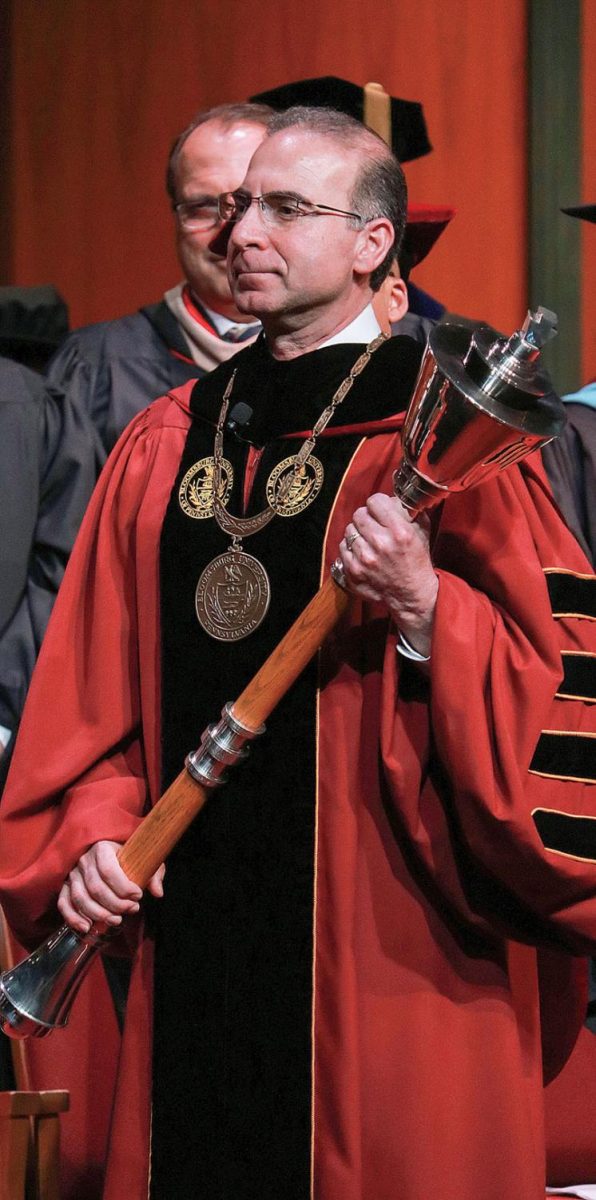Defined: Ukraine War
What is it? Why you should care? What is being down about it?
September 11, 2022
This year has been packed full of crazy things that have happened, but if you remember roughly six months ago the Russian government formally invaded its neighbor Ukraine under the guise of a “special military operation” which the rest of the world would call a “war”. This sparked a massive effort from Western states such as France, the U.K., Germany, and the U.S. to respond to this act of aggression by slapping Russia with economic sanctions. And supplying Ukraine with modern equipment and money for additional aid. Recently the fighting has mostly been in a stalemate, with most ground troops fighting in the southern part of Ukraine where Russian forces initially made a lot of gains.
To help further understand this topic, I sat down with political science professor and specialist in European politics, Dr. Doerschler. To find out why Russia decided to invade in the first place, the best place to look according to Dr. Doerschler is the mindset of Russia’s president Vladimir Putin. Putin has been in power for decades now ever since he took the reins of power from Russia’s first post-Soviet president Boris Yeltsin. And since then, the former KGB officer has tightened his grip on power and has become an autocrat in everything but name.
Putin’s rationale for invading Ukraine likely stems from a desire to reincorporate territory which has traditionally belonged to Russia, Ukraine having been under Russian control for centuries before the fall of the Soviet Union. But Ukraine also has a lot of natural resources and a thriving agricultural sector which supplies food to dozens of third world countries. And with Russia’s naval supremacy in the war preventing food shipments, many international leaders have raised concerns over food security in places where Ukraine grain supplied a lot of people’s food.
While the greatest impact of the war is of course felt by those who are fighting it and living in Ukraine, there have been many ripple effects of the war that have extended worldwide. Dr. Doerschler was quick to point out the energy concerns for Europe as many European states such as Germany rely heavily on Russian natural gas imports for heating. This shortage of Russian gas could lead to skyrocketing energy prices in the coming winter months which will only worsen the inflationary economic conditions that many European states are facing, which would then extend over time to other markets here in North America.
But what has the United States done about all of this? So far, the U.S. has been one of the greatest suppliers of Ukraine with both U.S. materiel and money making their way to the frontlines. The U.S., and President Biden specifically, were responsible for uniting the West’s efforts to cripple the Russian economy, which has been felt by many average Russians as fast-food chains close, as prices for goods are raised, and as faith in their government continues to deteriorate.
As for what you, an average person, there are countless efforts to help send aid to Ukraine through grassroots funding. A good place to find these efforts locally would be at Orthodox churches which have their roots in Eastern Europe. Another way you can help is to donate to well-known charities such as United24 and Doctors Without Borders.




















